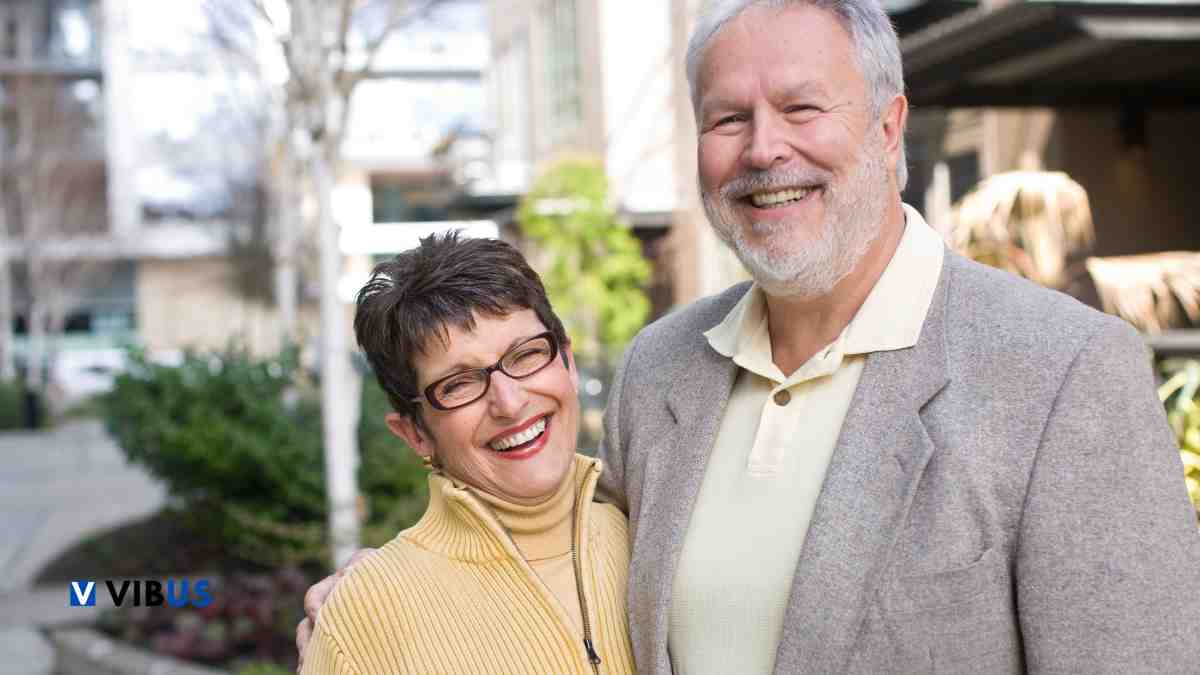As younger baby boomers in the United States hit their 60s and older ones near their 80s, they are reshaping the traditional idea of retirement. This shift is driving a fresh perspective on how to approach this stage of life, extending work activities and enriching leisure time with a deeper sense of purpose. Unretirement is becoming more common among baby boomers who initially retired but chose to re-enter the workforce.
This decision is multifaceted, influenced not just by financial needs but also by the desire for purpose and social engagement. Traditional retirements often led to isolation and a lack of stimulation, falling short of many expectations. Many have found that staying active and socially connected is crucial for their well-being.
Preparing for a dynamic retirement
Preparing for retirement goes beyond ensuring financial stability. Emotional and psychological factors play a crucial role. Activities that promote social interaction and a healthy lifestyle are essential for a satisfying retirement.
Additionally, developing new hobbies or continuing education can be key to keeping the mind active and the spirit youthful.
Flexibility in work: Adapting to new realities
The rise in workplace flexibility has allowed many retirees to continue making meaningful contributions to society. From mentoring positions to part-time roles or consulting, there are various ways for baby boomers to remain active in the labor market.
These opportunities not only benefit individuals but also enrich the work environment with their experience and maturity.
Volunteering and community participation
Volunteering offers another avenue for retirees to maintain an active role in their communities. Many boomers find community service a way to give meaning to their abundant free time while making positive contributions to society.
These activities not only help them feel useful but also provide opportunities to socialize and learn new skills. The impact of baby boomers on redefining retirement is significant, demonstrating that this life stage can be as dynamic and fulfilling as any other.
With increased life expectancy, it is essential for future generations to view retirement not as the end of an active life but as the beginning of a new phase filled with opportunities to grow, learn, and contribute.




